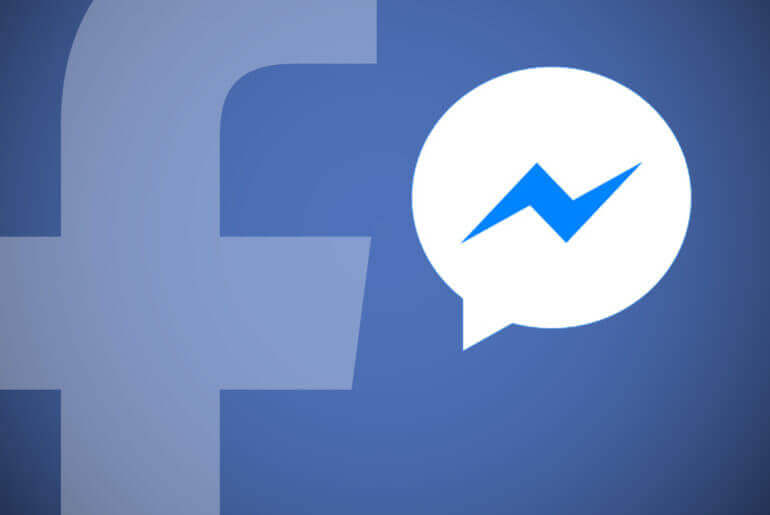
The appeal of chatbots is clear: Messaging seems to be the preferred method of communication these days, so technology like Facebook Messenger Bots that allow you to talk to guests on their terms is worth exploring.
NB: This is an article from Hawthorn Creative
There’s less friction for the guest – no need to dig through a website, call a number, send an email, or download an app. Instead, the guest can just use their favorite messaging app to communicate their inquiry.
Marriott was an early pioneer of the technology in 2017. Their Marriott Rewards members can research and book travel, link their Marriott Rewards accounts, plan their upcoming stay with Marriott, and chat with help desk associates.
Chatbots were considered the “next big thing” heading into 2017 within the tech world, but adoption didn’t take off as quickly as some expected. As often happens with new technology, though, early believers overstate how quickly it’ll arrive, then underestimate the scope of its eventual impact after a slow start.
Chatbots can’t handle all issues that guests have, but they can take care of many of them – and no platform has made it easier to get started than Facebook Messenger – especially considering that many people already try to interact with hotel pages there. Here’s what to consider before you jump in:
1. What problem do you want chatbots to solve?
Sure, it’d be nice to have a super-intelligent, J.A.R.V.I.S. – like bot taking care of business for you from Day 1, but you’re better off starting small. Focus on one “problem” that you’d like the bot to solve. Bookings? Checking in and out? Answering guest questions? Consider the friction in your current processes (both internally and guest-facing) and design around that. The bot won’t replace your current processes at this point, just supplement them with another convenient channel for guests.
2. Is this a bot-appropriate job?
Some jobs are better managed by humans. Sensitive customer support issues, when handled by bots, can (understandably) make the guest more upset. It’s always good practice to divulge up front that the guest is speaking to a bot, too – especially as they get more intelligent and it’s harder to tell the difference. You could also have a bot manage a preset number of queries, but make it easy for the guest to elevate the inquiry to a human support level.
3. What sort of personality do you want it to have?
Remember that writing for a bot is different than writing marketing copy for your website or brochure. While you shouldn’t abandon a professional tone, you will want to keep it more conversational than you would in other mediums. A chatbot is a new extension of your brand’s voice, so you should work closely with your marketing team to find the right words.
4. What happens when something goes wrong?
You’ll have guests who will attempt to engage with the bot beyond its capabilities. It’s important to design for this possibility. Make it clear to the guest that they didn’t do anything wrong, and provide an alternative way to solve their problem. Chatbots are a little like self-driving car technology right now: The driver (you) shouldn’t totally take their attention off the road, but instead, let the car (the Messenger Bot) do its job until it requires the driver to intervene.
5. Who will build it?
Building a Facebook Messenger Bot requires technical savvy. There are templates you can buy online – building off of someone else’s work, though it may not be exactly what you want – and also independent developers and firms that you could work with. The more complex the job the bot will be doing, the more expensive it’ll be to develop. Needless to say, if your bot will be answering simple guest queries, you’ll have to provide those answers to the developer beforehand.
6. How will people find out about it?
Just because you’ve planned, built, and launched a bot doesn’t mean anyone will know or care about it. Yes, using Facebook Messenger to interface with your hotel will mean that guests deal with less friction than they would, say, downloading a new app, but you’ll still need to make a clear case cross-channel for how this makes the guest’s life easier. To be clear: The fact that you have a bot handling queries won’t be the selling point – the selling point will be that they can lob these queries at you through a convenient channel like Facebook Messenger. As long as you maintain email lists, you can actually advertise within Facebook Messenger specifically to guests.




